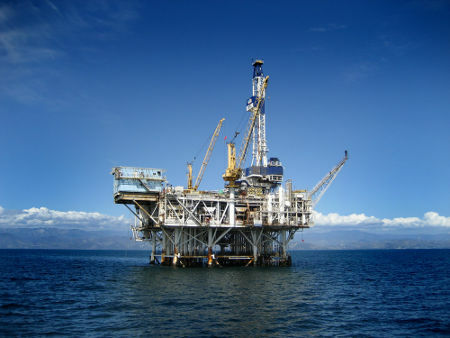You may have seen animals in cartoons, movies or documentaries that can sleep for several days during the winter, right? This incredible ability is called hibernation and is performed by animals such as squirrels, bats, hamsters and hedgehogs. Are we going to learn more about this process?
→ What is hibernation?
We call hibernation the process in which animals go into deep numbness to overcome a period of cold and unavailability of food. During this period, the hibernating animals enter a deep sleep, your metabolism slows down and your heart rate slows down, as does your temperature, which can reach an incredible 5°C. During hibernation, the animal may wake up to urinate, for example, but soon returns to its deep sleep state.
→ What are the phases of hibernation?
Hibernation can be divided into three basic phases:
1st- Pre-hibernation: During this stage, the animal prepares for the dormancy phase, eating a lot or storing food. Weight gain is important for store lipids, which will then be burned by the body for energy.
2nd- Entrance into hibernation: This period is characterized by hibernation itself. In it, the animal reduces its metabolism, heart rate, temperature and even its breathing. During this phase, fat burning takes place.
3rd- Awakening from hibernation: In this phase, the hibernating animal needs to return to its metabolic activities, return to breathing normally and increase its temperature and heart rate. To do this, it begins to burn a special group of fat, called brown fat, which is widely found in these animals.
→ Does the bear really hibernate?
As we have seen, animals decrease their temperature markedly during hibernation. With the bear, this does not happen, so many scientists claim that this animal is not a true hibernator, as its temperature remains relatively high.
→ Why is hibernation important?
Hibernation takes place in the Winter, a period when the temperature is very low and food becomes scarce. Carrying out this process during this period is important to protect the animal from the cold and also to prevent it from feeling hungry and having to compete with other animals for food. With hibernation, he spends the winter phase wasting his accumulated energy, not even needing to leave his shelter.
By Ma. Vanessa dos Santos



